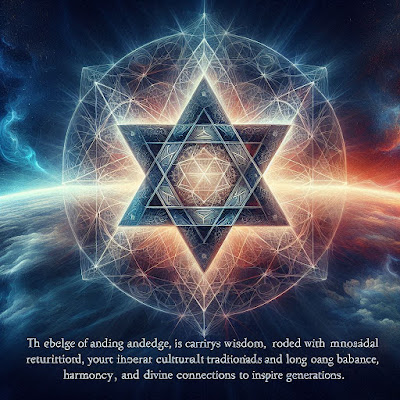Do Authors Experience Their Stories?
Exploring the Personal Impact of Writing on Authors' Lives
Have you ever wondered whether authors truly live their stories as they write them? The relationship between a writer and their work often goes far beyond the surface level of creativity. It’s a deeply immersive process that connects their emotional, psychological, and even neurological realities to the fictional worlds they create.
1. Emotional Immersion
For many writers, their characters are not just creations—they are companions. When an author writes a heart-wrenching breakup scene or an exhilarating moment of triumph, they often feel those emotions as if they were happening to them. This is not just imagination; it’s empathy in action. The emotional depth required to breathe life into characters can leave authors reflecting on their own experiences, triggering memories or emotions that were long dormant.
2. Writing as a Mirror of the Self
Many writers use their work to explore their internal struggles and aspirations. A character overcoming adversity might mirror an author’s personal journey, providing a sense of closure or catharsis. In this sense, writing becomes a therapeutic practice—a safe space where authors can confront fears, process grief, or celebrate victories through the lens of fiction.
3. The Phenomenon of Life Imitating Art
There are fascinating stories of authors finding uncanny parallels between their fictional worlds and their real lives. For example, writing a love story might help an author recognize the qualities they value most in a partner, or crafting a tale of resilience might inspire them to tackle challenges with newfound strength. These moments make it seem as though the story is reaching beyond the page and into the author’s reality.
4. A Neurological Perspective
Research in neuroscience provides insight into why writing can feel so real for authors. When a writer vividly imagines a scene, their brain activates many of the same regions as it would during a real-life experience. This neurological mirroring can make fictional events feel as tangible as lived ones, enhancing the emotional impact on the author.
5. Why It Matters to Readers
This unique connection between author and story often resonates with readers, too. When a writer pours genuine emotion into their work, it creates an authenticity that readers can feel. This is why some books have the power to move us so profoundly—we’re experiencing the depth of the author’s emotional journey alongside their characters.
In the end, authors don’t just tell stories—they live them, shaping their own realities as they shape the lives of their characters.




Comments
Post a Comment